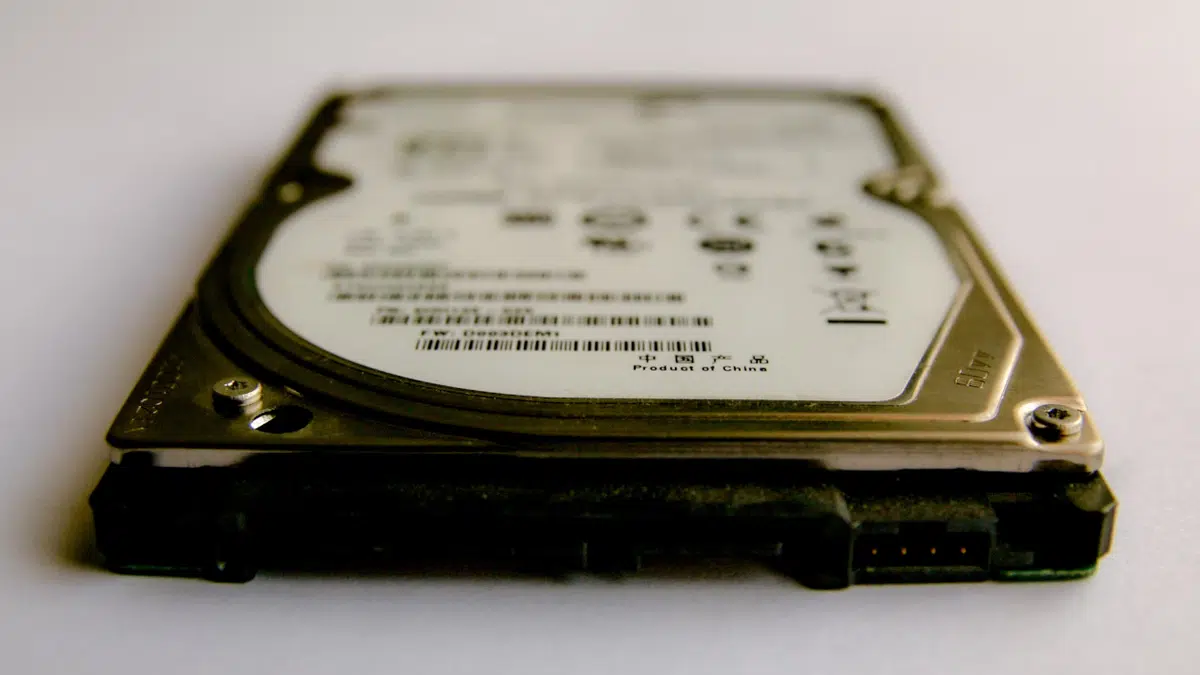An Internet user thought he had got a bargain when he bought a new hard drive. To his great surprise, it already contained 800 GB of data, including professional music production software. This incident has reopened the debate on the reliability of online retailers and the risks associated with such purchases.
Brand new” hard drive reveals 800GB of music software worth thousands of euros A Reddit user, known by the pseudonym All-Seeing_Hands, recently shared a surprising experience after purchasing a 1TB SSD drive that was supposed to be brand new. To his surprise, when he connected the drive to his computer, he discovered that it already contained around 800GB of data, mainly valuable music production software.
Among the programs discovered were Kontakt, valued at around $299, and Reaktor, worth $199. These programs are widely used in music creation, and their presence on a supposedly new disc has raised a number of questions. Several hypotheses have been put forward to explain the situation. Some members of the Reddit community have suggested that it could be a customer return that has not been verified by the seller, the disc having been put back on sale without being properly erased. Others have suggested that the files could be pirated versions requiring activation keys, making them unusable without the appropriate licences. Another theory is that the disc may have been intentionally loaded with software to encourage users to install it, thereby risking infecting their systems with malware.
Life This TikToker buys a used van and realizes it has a hidden surveillance device.
This incident highlights the potential risks associated with buying IT equipment online, even when it is presented as new. It is not uncommon for supposedly new hard drives to already contain data, raising questions about their true condition and the practices of sellers.
For example, fraudsters have developed methods of selling used hard drives as new, in particular by manipulating the SMART and FARM registers, which store information on the use and condition of the drives. These manipulations make it possible to erase evidence of wear and tear, making used drives indistinguishable from new ones for unsuspecting consumers. This practice has been particularly observed with certain Seagate models. Other cases report situations where hard drives purchased online turn out to be counterfeit or contain fake components. For example, one user discovered that the 2TB hard drive he had bought for $10 was actually an empty shell, with no real storage capacity.


